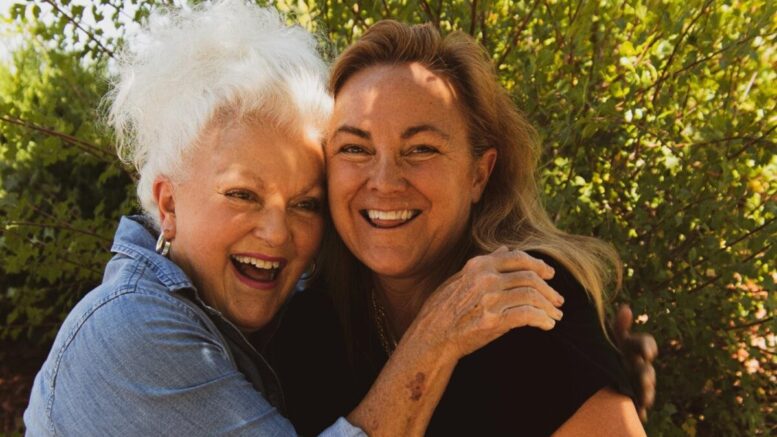There is a saying about getting older that tells us it’s better than the alternative, but the truth is that you can put a much more positive spin on aging than this, and many people do. Those in their 60s, 70s, 80s and even beyond that can still live vibrant lives and accomplish many things, but retaining the ability to do all of this might require more effort than it did in your 20s and 30s. The tips below can help you age with positivity.
Your Attitude
Your attitude will be a significant factor in how you approach aging and what the experience is like for you. It’s true that you may be facing many challenges, from losing friends or family members, to worrying about having saved enough to illnesses or conditions that you or loved ones develop. It doesn’t help that you probably see a lot of ageism in the world around you. However, how you approach these challenges can make a difference as well. You don’t have to be positive every minute of every day, but on balance, you can approach things with a more positive spirit. You can also push back on any sweeping generalizations you may be making about aging in your own mind, such as telling yourself that you can’t do something because you are too old when that is really not a barrier.
Make Practical Plans
Thinking positive is great but backing that up with concrete plans is important as well. Have you saved enough for retirement? Do you need to step it up? You should think about what you envision your life being like and how much money you will need. You may want to sell your house, which could net you a significant sum, or you may have other assets you could unload, such as your life insurance policy. You can review online on life settlements to find out if you can sell your policy in this way and how to do it.
Stay Engaged
You need to stay both physically and mentally engaged. What the former means will differ from person to person. Some older adults still enjoy cycling or running marathons, but you don’t have to be an athlete. Taking regular walks, swimming, gardening, or doing other activities that keep you active can be sufficient and help manage chronic pain in older adults over time. For the latter, some start their own businesses, take classes or even continue working part time. Volunteering, taking part in your hobbies and keeping your social life active can all help you remain engaged as well.
Defy Expectations
If adolescence is a time to rebel, the later years of your life can be as well. You will probably encounter some people, even friends and family members, who have very fixed ideas about what getting older means and how it will change you. They may discourage you from certain pursuits or say things about what you should and shouldn’t do at your age. Just because some in your life believe that this is how people should act as they get older doesn’t mean that you have to adopt their ideas as your own.
